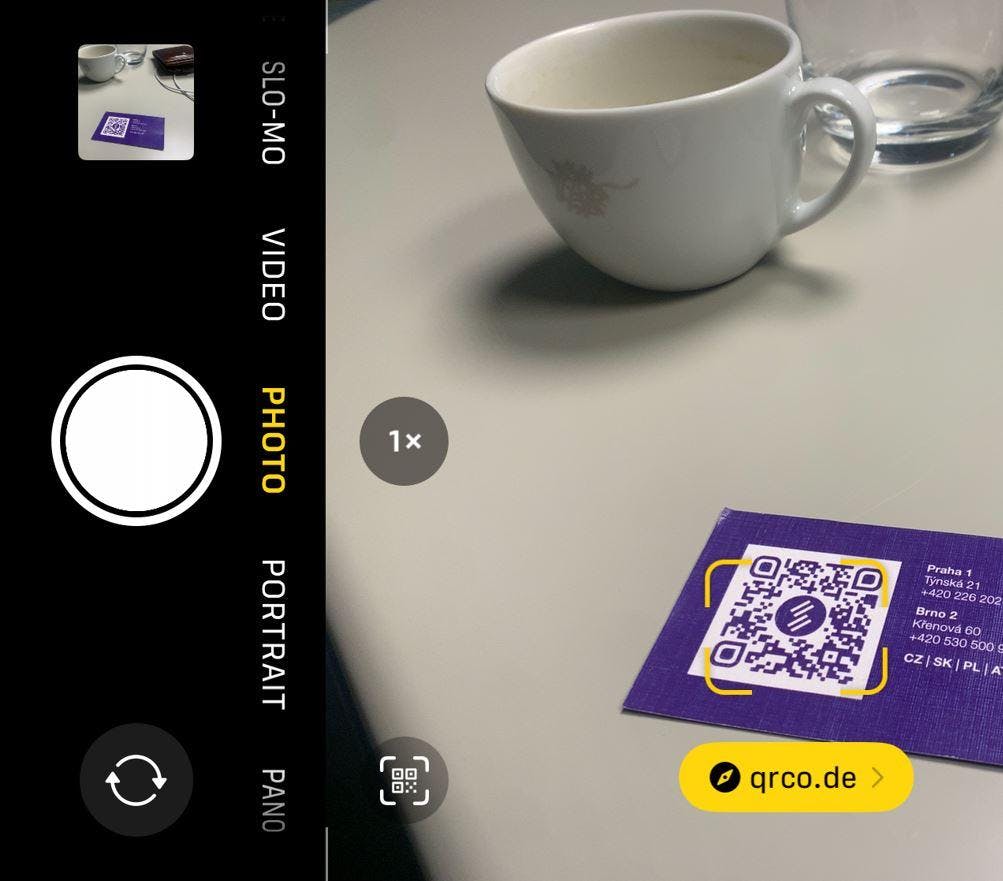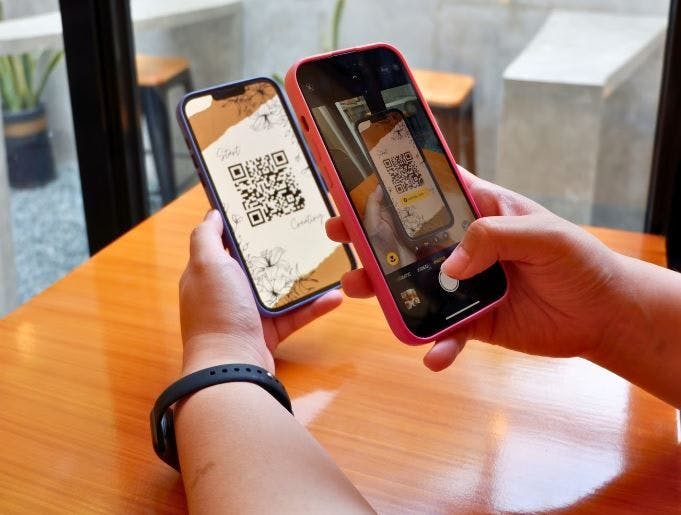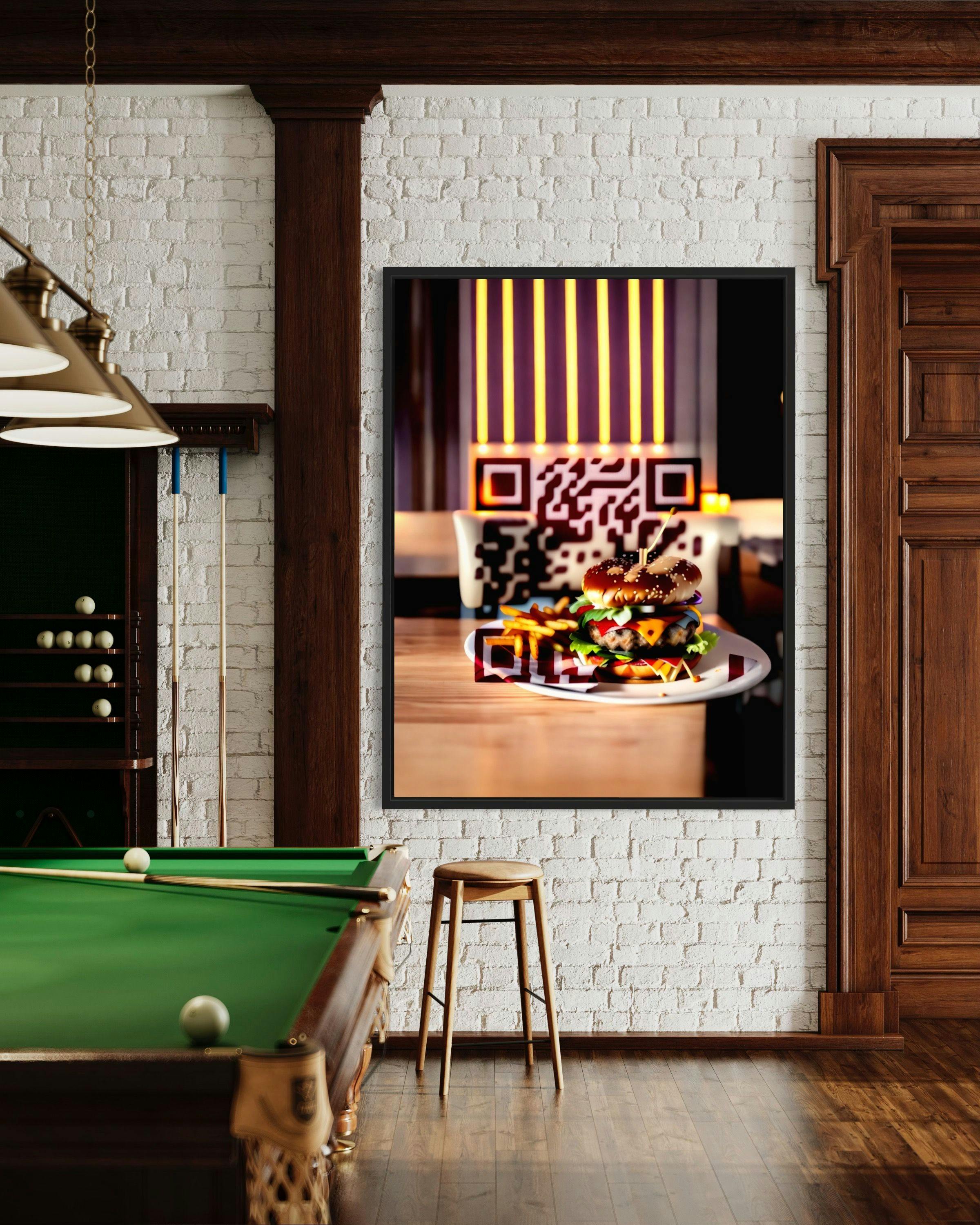Introduction
Networking plays a pivotal role in business success, and exchanging business cards has been a long-standing tradition. However, as our world becomes increasingly digital, it is time to embrace more innovative and efficient solutions. Enter QR codes, which have gained popularity as a contemporary replacement fo
r the traditional paper business card. In this article, we will explore how QR codes can enhance your networking efforts, foster a more eco-friendly approach, and ultimately improve your business outreach.
1. What is a QR Code?
QR (Quick Response) codes are two-dimensional barcodes that can be scanned by a smartphone camera or a QR code reader app. While initially used for inventory tracking, they have evolved into a versatile tool applicable to various scenarios.
2. The Convenience of QR Codes as Business Cards:
By incorporating QR codes as digital business cards, professionals can create a seamless and time-efficient networking experience. Instead of manually typing contact details or accumulating stacks of physical cards, recipients can instantly access your information by simply scanning the QR code.

3. Contact Information at Your Fingertips:
Incorporating a QR code on your digital business card allows you to effortlessly share a wide range of contact details. By scanning your QR code, individuals can effortlessly save your name, phone number, email address, website, social media profiles, and any other relevant information directly into their smartphones' address book. This eliminates the hassle of manual input and reduces the chances of errors or missed details.
4. Versatility in Design:
QR codes offer flexibility when it comes to design. You can customize the appearance of your QR code to align with your branding, making it eye-catching and memorable. With various QR code generators available online, you can incorporate your logo, colors, and other visual elements to create a visually appealing code that stands out.
5. Analytics and Tracking:
A notable advantage of using QR codes as business cards is the ability to track and analyze their performance. By integrating QR codes with analytics tools, you can gain insights into the number of scans, the time and location of scans, and the devices used. These valuable statistics can help you gauge the effectiveness of your networking efforts and make informed decisions to optimize your outreach strategies.
6. Eco-Friendly and Cost-Effective Solution:
Traditional business cards contribute to the countless waste generated each year. By embracing QR codes as digital business cards, you actively reduce paper waste and promote a more ecological approach. Not only is it environmentally friendly, but it also saves printing costs in the long run. Without the need to constantly print and reprint physical cards, you contribute towards sustainable business practices.
In conclusion, QR codes are a powerful tool that simplifies networking efforts while aligning with our digitally-driven world. By adopting QR codes as digital business cards, professionals can enhance their networking experiences, streamline contact sharing, and reduce their ecological footprint. Embrace this convenient and cost-effective solution to revolutionize your networking efforts and stay ahead in the modern business landscape.
Remember to experiment and adapt your QR code design and implementation strategy to suit your specific industry and target audience. Embrace the potential of QR codes and leverage them as an effective gateway to successful business connections.









